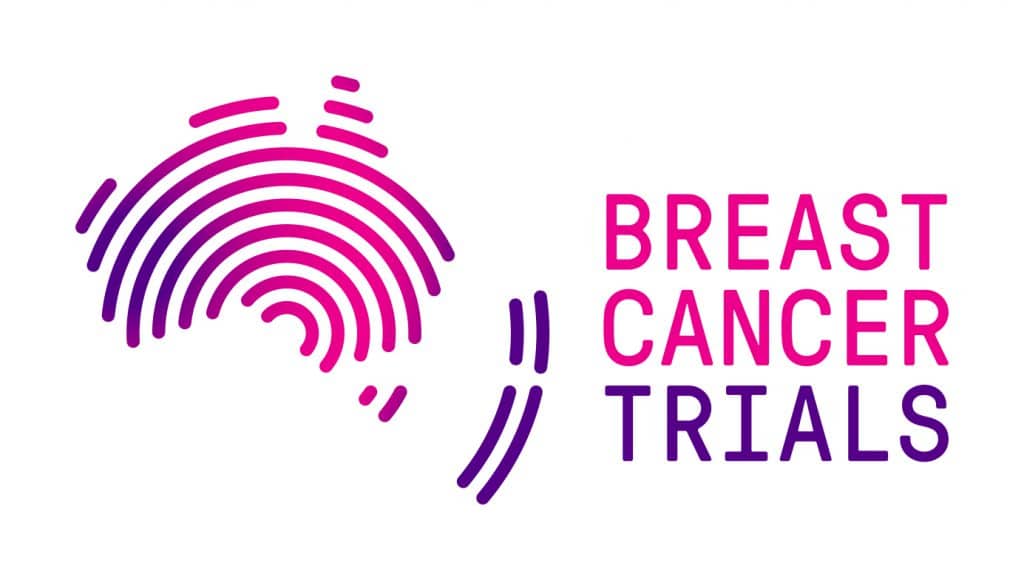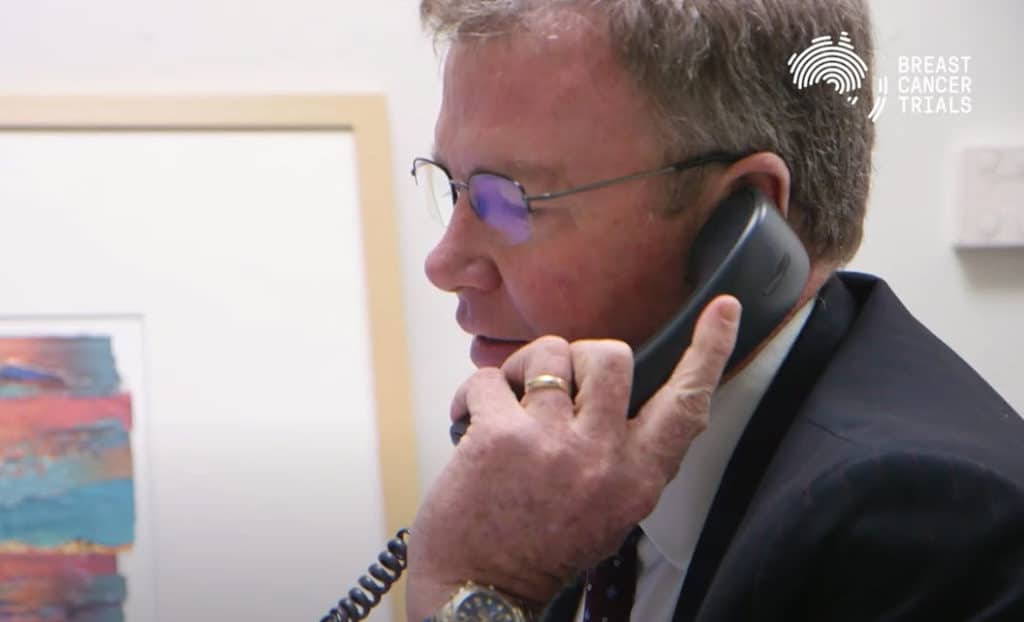Magnetic Resonance Imaging (MRI) may help to identify Early Breast Cancer Patients who can safely avoid Radiation Therapy
Results from the PROSPECT clinical trial have shown that the use of breast magnetic resonance imaging (MRI) prior to breast surgery may be able to identify patients with a very low risk of breast cancer recurrence who can safely avoid radiotherapy.
Primary results for the PROSPECT clinical trial have been presented at the American Society of Clinical Oncology (ASCO) international conference in Chicago, USA this week. The study was conducted in Australia by Breast Cancer Trials (BCT) and recruited 201 patients.
The aim of PROSPECT was to see whether MRI can be used to select women with early breast cancer for whom radiotherapy is not needed because the risk of cancer recurrence within the breast is low.
Modern breast cancer treatment is very effective, with a large majority of women not having any recurrence of their disease after treatment. After surgery to remove the cancer from the breast – called a ‘lumpectomy’, a ‘partial mastectomy’ or a ‘wide excision’ – most women are advised to have radiotherapy treatment to the rest of the breast to minimise the risk of local recurrence (the cancer returning within the breast).
Radiotherapy works by destroying remaining cancer cells in the breast, using high-energy X-rays. Radiotherapy treatment has been shown to reduce the chance of a local recurrence after surgery. Many trials have attempted to find groups of patients who can safely omit radiotherapy but with varying success. Some patients over 65 can avoid it, but most continue to receive radiotherapy.
MRI scans at the time of diagnosis often find additional areas of cancer or pre-cancer, but the impact of finding these areas has been unclear. There is a concern that doing MRI scans delays the surgery, may lead to unnecessary mastectomy, increases the costs without helping the patients.
PROSPECT tests the hypothesis that many of the recurrences seen after wide excision without radiotherapy may be due to ‘occult’ cancer that was not seen on standard imaging (mammogram and ultrasound), but can be seen with MRI. If this is the case, then patients with an MRI that clearly shows no additional disease may be able to safely avoid radiotherapy with its side effects, inconvenience and costs.
PROSPECT screened 443 patients and entered 201 patients between September 2011 and May 2019. The MRI identified additional cancers or areas of pre-cancer 11% of the 443 patients. After a median of 5 years follow up, the local recurrence rate for those treated on study without radiotherapy was a very low 1%. Additionally, the recurrence rate of the entire cohort was very low.
Only one patient experienced cancer recurrence around the body leading to a breast cancer-related death. This was much lower than would be expected in this group of patients, suggesting that finding and treating the additional areas of cancer was important in preventing cancer recurrence.
Professor Bruce Mann is the Study Chair of PROSPECT and the Director of Research at BCT. He says more research is now needed to extend these findings, and to confirm that similar results can be achieved in a large multicentre study.
“Until now attempts to identify large numbers of patients diagnosed with early breast cancer who can safely avoid radiation therapy have had limited success and subsequently breast conserving surgery with adjuvant radiotherapy is recommended for most patients.
Various trials are using new methods of analysing the known cancer to find those at minimal risk of recurrence, but PROSPECT is the only trial we know of that is focusing on previously unsuspected ‘occult’ cancers. The results are even better than we expected and hoped for.” Professor Mann said.
“We are currently developing a follow up trial to confirm and extend these very encouraging initial findings. We are hopeful that this will pave the way for many of those diagnosed with early low risk cancer to safely receive less intense treatment with less physical and psychological impact, while maintaining a very low risk of cancer recurrence.”
Founded in 1978, Breast Cancer Trials conducts a multicentre national and international clinical trials research program, into the treatment and prevention of breast cancer. This involves 835 researchers in 109 institutions across Australia and New Zealand.
The PROSPECT clinical trial was supported through the generous donations of BCT supporters. This research was part supported by a grant from the National Breast Cancer Foundation Australia. The study also received support from the Cancer Council of Victoria.
Contact: BCT Communications Manager, Anna Fitzgerald – 0400 304 224 or anna.fitzgerald@bctrials.org.au
Our life-saving breast cancer research is only possible thanks to the continued generosity of our supporters. Please help continue this vital work by making a donation today.

